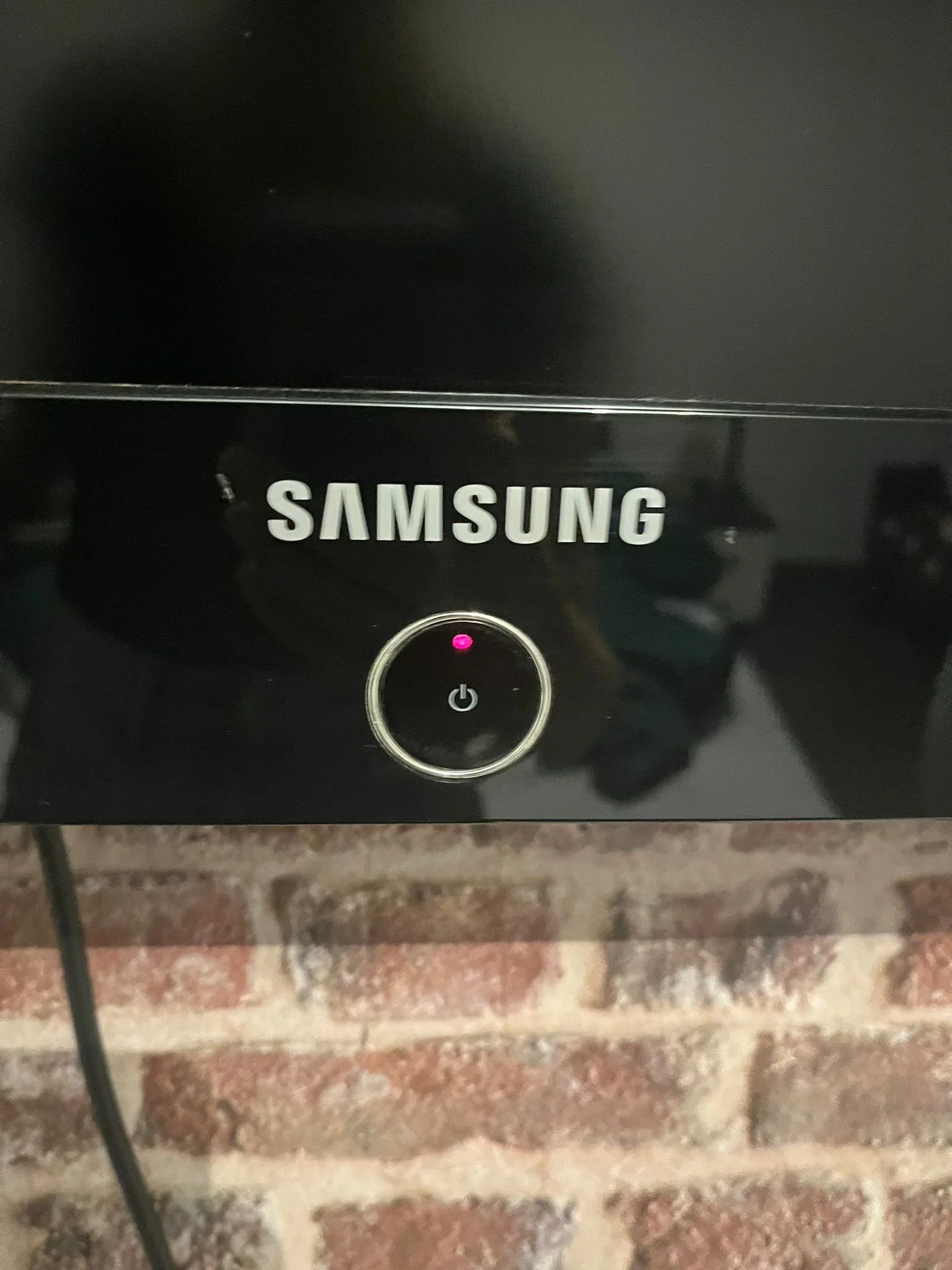Sleep - the Best Insurance Policy
Beyond the Little Tips & Tricks…
I love sharing ways to improve not just the quantity but, more importantly, the quality of your sleep.
We often hear about warm baths, herbal teas, or essential oils—while these can be nice additions, they don’t necessarily create the deep, lasting transformation we hope for when it comes to sleep.
Understanding the Science of Sleep
Before diving into practical steps, it’s crucial to understand how sleep actually works.
Sleep operates in cycles, much like a train that passes by every 90 minutes. Each cycle consists of different phases, from light sleep to deep sleep and REM sleep. If you miss your "train" by staying up too late or disrupting your rhythm, you might struggle to fall asleep or wake up feeling unrested.
And this ties directly into circadian rhythms—your body’s internal clock, which is heavily influenced by light exposure, habits, and even your environment. So, let’s get into some key adjustments you can make to optimize your sleep naturally.
Adjustments
1. Get Natural Light Exposure ☀️
Sunlight is one of the most powerful regulators of your circadian rhythm. Exposure to natural light during the day, especially in the morning, helps signal to your body when to be awake and when to wind down in the evening.
If you’re indoors a lot, try taking a 10-minute walk outside first thing in the morning or sitting by a window to get that essential dose of natural light.
And for those who may challenge that the country where they live doesn’t provide such an opportunity, you can use a light therapy lamp. Many people use it for instance in Scandinavian countries, where the sunlight time is quite limited all year long.
2. Black it out 🔦
Your sleeping environment plays a major role in sleep quality. The darker your room, the better your sleep.
Make sure no light seeps in—whether from outside or from electronic devices. Blackout curtains, sleep masks, or even something as simple as covering small LED lights can make a big difference.
💡 Personal tip: I once stuck a piece of black tape over the power light on my brother’s TV. It completely changed his sleep. You’re welcome ;)
3. Turn off all devices 📵
Your phone should ideally be in airplane mode and placed in another room.
Of course, this isn’t always possible if you need to stay available for kids, elderly parents, or emergencies—but do your best to minimize exposure.
Even having your phone next to you can be tempting and disruptive to deep rest.
4. Limit Blue Light (Screens) Exposure 👩💻
Screens emit blue light, which tricks your brain into thinking it’s daytime, disrupting melatonin production (the sleep hormone).
Try reducing screen time at least 1-2 hours before bed. Instead of scrolling, read a book or listen to calming music.
If avoiding screens isn’t an option, consider:
Blue light-blocking glasses
Night mode settings on devices
Apps like "f.lux" or "Night Shift" that adjust your screen’s color temperature
5. Be Mindful of the Psychology of Colors 🎨
Your environment deeply influences your sleep, and colors play a key role in this.
Many people don’t realize that the colors in a room can affect emotions and energy levels. Interior designers love experimenting, but some choices can unintentionally disrupt relaxation and rest.
🔹 Did you know? A blue bedroom isn’t necessarily ideal. While blue is calming, it’s also a "cold" color that doesn’t invite intimacy or warmth. On the other hand, red is too stimulating and can evoke agitation.
⚠️ Grey headboards? While stylish, grey is associated with overthinking and rumination—two things we don’t want before sleep.
✅ The best bedroom colors? Think soft, neutral tones like beige, warm whites, or gentle pastels. These shades promote relaxation and comfort, setting the stage for deeper rest.
Want to go further? I highly recommend speaking with my dear friend, Carolina Vermeersch, a Home-Therapy specialist. She can guide you in optimizing not just colors, but also furniture placement, energy circulation, and overall harmony in your space. Your bedroom is just the beginning!
Caro Lina Vermeersch
Home-Therapy & Sound Healing
6. Invest in Quality Bedding 🛏️
Yes, it’s an investment upfront, but trust me—it’s a game changer.
I personally bought a high-quality pillow for around €100 (compared to the usual €20), and I would never go back. It’s been years, and I still swear by it.
Another tip: get satin-like sheets for a luxurious yet breathable feel. I personally use sheets from Kalani, a sustainable Belgian brand. I rotate between two sets—one light, one dark—and that’s all I need.
💡 You know you've nailed it when you’d rather sleep in your own bed than in a five-star hotel.
7. Manage the Room Temperature 🌡️
The ideal bedroom temperature is around 18°C.
A good trick is to warm up the room beforehand, then lower the heating once you’re in bed. This prevents overheating during the night.
8. Stick to a Sleep Schedule ⏰
This one was tough for me. I used to be a night owl, going to bed late and waking up late. But over time, I trained myself to wake up at 8 AM and sleep around midnight—a balance that still allows for social life, dinners, parties and meetings in the morning.
The body naturally aligns with the rhythm of Mother Nature, meaning the ideal cycle would be sleeping around 10 PM and waking up with the sunrise at 6 AM.
9. Avoid caffeine & alcohol 🍷
Here’s how much time caffeine takes to leave your system.
After 5-6 hours → 50% of the caffeine is still in your system.
After 10-12 hours → ~25% remains.
After 24 hours → Most of the caffeine is gone, but sensitive individuals might still feel its effects.
So that 5 PM coffee? It’s still in your body at 11 PM. That is enough to interfere with melatonin production and deep sleep. No wonder you can’t sleep.
Same for alcohol: it might make you drowsy, but it disrupts deep sleep and leaves you feeling groggy.
Best Practice ? Try to cut off caffeine intake by early afternoon (around 2 PM at the latest).
Want to test it? Try going caffeine-free for a week and see how your sleep improves! 😊
10. Be Mindful of Late-Night Eating 🍔
Heavy meals before bed can cause discomfort and affect sleep quality. Try to finish eating at least 2-3 hours before bed.
11. Don’t Exercise Too Late 🏋🏻♂️
While physical activity improves sleep quality, intense workouts right before bed can be too stimulating. Try to finish workouts at least 2-3 hours before sleep.
12. Create a Relaxing Nighttime Routine 😴
Winding down before bed signals to your body that it’s time to rest.
Some great ways to relax:
Reading a book
Meditation or deep breathing
Journaling to clear your mind
Gentle stretching or a warm bath
Resources
If you struggle severely with sleep, I highly recommend reaching out to my dear friend, Valentin Gentil, sleep coach. In just a few weeks, he can completely transform your sleep—and trust me, it’s life-changing.
Prefer to dive deeper into the science? Check out Dr. Matthew Walker’s book, Why We Sleep. It’s packed with fascinating insights on how sleep affects every aspect of our lives.
✨ Sleep well, live well. ✨
Final Thoughts
While small sleep hacks can help, the biggest improvements come from understanding and working with your body’s natural rhythms. By making simple adjustments—light exposure, screen time, sleep environment, and even color psychology—you can transform not just the way you sleep, but how you feel throughout the day.
Quality sleep isn’t just about rest; it’s the foundation for mental clarity, emotional balance, and long-term well-being. The better you sleep, the better you live.
If sleep has been a struggle for you, start by implementing one or two of these strategies today. Over time, small changes lead to big results. And if you need deeper support, don’t hesitate to reach out to experts whose guidance can be life-changing.
Sweet dreams! 😴✨













